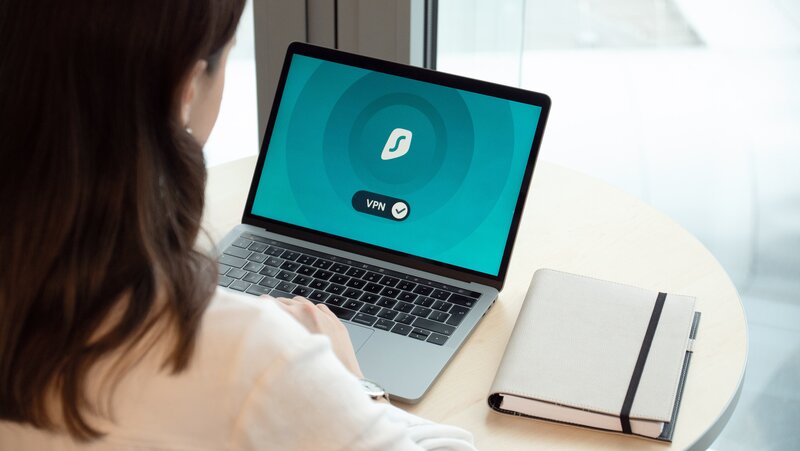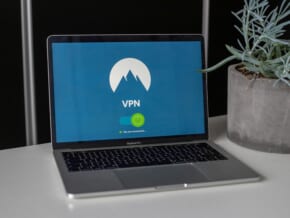VPN: Advantages and Disadvantages
A Virtual Private Network (VPN) is an amazing technology that allows you to connect to the internet securely and privately. It does this by encrypting your internet traffic and routing it through a remote server, making it difficult for anyone to intercept or monitor your online activities.
 IMAGE from Pexels
IMAGE from Pexels
But that’s not all! It also lets you access geo-restricted content, bypass censorship, and protect your online privacy by masking your IP address. And with many VPN services offering easy-to-use apps for a wide range of devices, using this has never been easier or more convenient.
So whether you’re working remotely, streaming your favorite shows, or just browsing the web, it can help you stay safe, secure, and free online. It’s no wonder that millions of people around the world rely on VPNs every day. And much like everything else, using this has several advantages and a few potential disadvantages as well. Read on to know some of them.
Advantages
 IMAGE from Pexels
IMAGE from Pexels
Enhanced Security: A VPN encrypts your internet traffic, making it much more difficult for hackers, spies, or other third parties to intercept and steal your data or monitor your online activities. This is especially beneficial when using public Wi-Fi networks, which are often unsecured and vulnerable to cyber attacks.
Anonymity: VPNs can mask your IP address, making it difficult for websites to track your location or identify you. This is particularly useful if you want to access geo-restricted content, such as streaming services that are only available in certain countries.
Bypassing Censorship: In some countries, certain websites or online services may be blocked by the government. A VPN can help you bypass these restrictions and access the content you need such as websites, streaming services, and many more that may be restricted in your region.
Improved Performance: Some ISPs may throttle your internet connection based on the type of traffic or content you access. A VPN can help bypass these limitations, resulting in faster speeds and improved performance.
Disadvantages
 IMAGE from Pexels
IMAGE from Pexels
Reduced Speed: While a VPN can improve your internet speed in some cases, it can also slow it down depending on the quality of the VPN service and the distance between you and the VPN server.
Additional Cost: Most VPN services require a subscription fee, which can be an added expense for users who want to access premium features or higher bandwidth.
Technical Complexity: Setting up and using a VPN can be a bit more complicated than simply browsing the web normally. Some users may find it difficult to configure and troubleshoot.
VPNs can be Blocked: Some websites and services may block traffic from known VPN servers, making it impossible to access them while using a VPN.
Despite these potential downsides, many users find that the benefits of using a VPN outweigh the drawbacks. With a little research and careful consideration, you can find a VPN service that works well for your needs. After all, it is a valuable tool for enhancing online security, privacy, and access.













